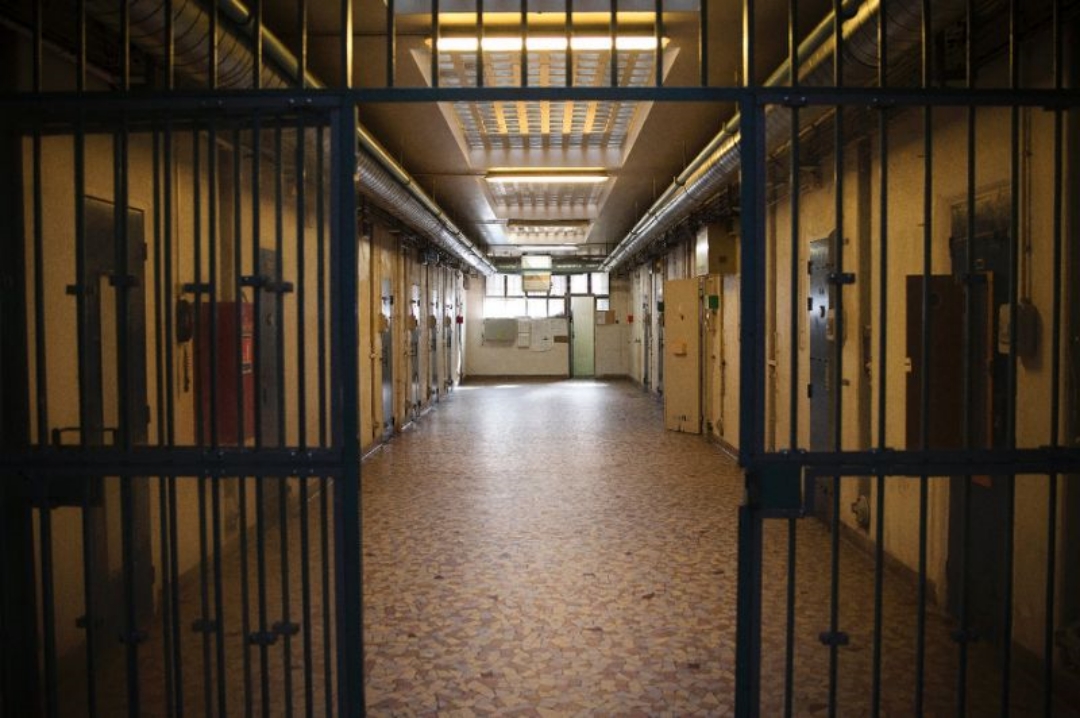ADVERTISE HERE
A NEW Native Courts Bill which aims to restructure and elevate the Native Courts to be on par with the Civil Courts and Syariah Courts is expected to be tabled in the next State Legislative Assembly (DUN) sitting.
Minister in the Premier’s Department Datuk Seri John Sikie Tayai said based on recommendations in the master plan, the current Native Courts will be restructured and elevated from being just a unit under the Premier’s Department to be a full-fledged judiciary which is independent and autonomous.
“The other major change would involve the hierarchy and organisational structure of the current native court system.
“In terms of court hierarchy, the recommendation is to restructure our current six-layer court to a four-layer structure comprising the Native Magistrates Court and the Native High Court.
“The Native High Court would comprise three layers namely the Native High Court, Native Court of Appeal and Native Supreme Court,” he said.
For these changes to take effect, he said the recommendation in the master plan is for the government to repeal the current Native Courts Ordinance 1992 and Native Courts Rules 1993 and to enact a new Native Courts Ordinance and new Native Courts Rules.
“The functions, powers and jurisdiction of the new Native Courts will be spelled out in the new Native Courts Bill,” he said.
He said this when delivering his ministerial winding-up speech at the State Legislative Assembly (DUN) sitting today (Nov 27).

Under the proposed restructuring of the Native Courts, he mentioned that the District Officers and Residents will be relieved of their statutory and judicial duties to preside over cases before the Native Courts.
He added it is the intention of the state government to appoint legally qualified persons to serve as full-time Magistrates and Judges under the new Native Courts.
“The proposed restructuring and elevation of the Native Courts would also involve some changes to the roles and functions of our headman and community leaders who are now the Presiding Officers of the Headman, Chiefs and Chiefs Superior Courts or the community level courts under the present structure.
“At this moment, the Headman or ‘Ketua Kaum’ appointed by the government are presiding over cases at the Headman Courts while the community leaders namely penghulus, pemancas and temenggongs are presiding over cases at the Chief and Chiefs Superior Courts,” he said.
Sikie said while the ‘ketua kaum’ and community leaders would continue to perform their roles as custodians and administrators of the ‘adat’, they will no longer be part of the formal new native court system as Presiding Officers.
However, he said some of them will be involved and appointed as the Council of Elders to assist the Magistrates at the Native Magistrates Courts and Judges of the Native High Courts.
The idea of restructuring and elevating the Native Courts was mooted by Premier Datuk Patinggi Tan Sri Abang Johari Tun Openg during his address at the 25th anniversary dinner of the Office of the Chief Registrar, Native Courts of Sarawak on August 24, 2018.
The mandate by the Premier was to commission a study to come up with a master plan to restructure and elevate the current Native Courts of Sarawak to be an autonomous and independent judicial institution like the Civil Courts and Syariah Courts.
A team of local consultants comprising former civil servants and administrators, practicing lawyers, academicians, and experts on local ‘adat’ was appointed by the state government to carry out a study in January 2020.
The study would have been completed within the original nine-month contract period had it not been for delays due to factors beyond the control of both the government and the consultant, particularly those caused by the Covid-19 pandemic.
Hence, the study was only completed in February 2022, and the consultant submitted their final report containing the master plan for the restructuring and elevation of the Native Courts to the Sarawak government in March 2023.
The master plan on the transformation of the Native Courts was presented to the Sarawak Cabinet in July this year, and it has been approved.









 English (US) ·
English (US) ·